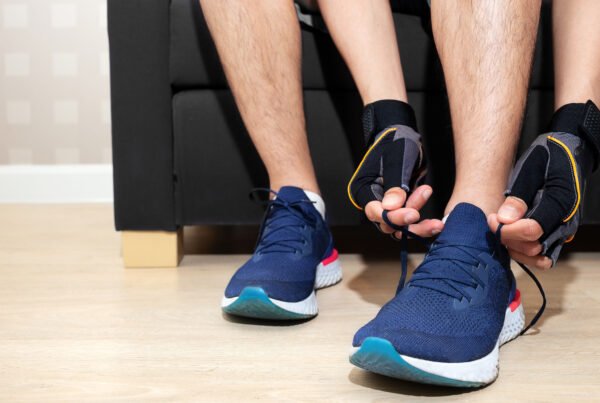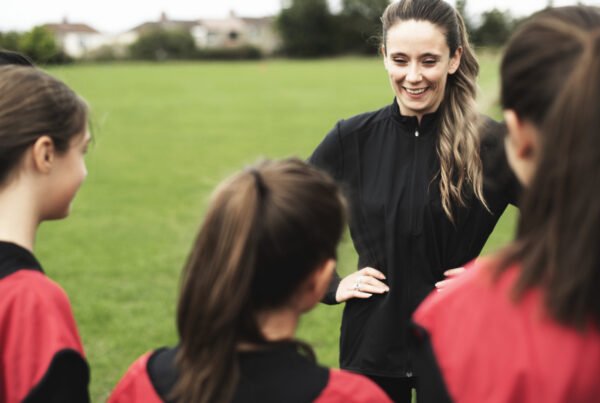Abstract
This study seeks to address the limitations of the current Sports Concussion Assessment Tool (SCAT) which often lacks reliability. As a result, subtle deficits in sensorimotor function may be unidentified, increasing the risk of future injury. The study examines whether the instrumentation of the Y Balance Test (YBT) can provide a potential solution. YBT uses a single lumbar mounted inertial sensor which is more sensitive to changes in performance than the traditional scoring method. The aim of the study was to investigate whether YBT can discriminate between pre- and post-concussion performances, and whether performance scores were significantly associated with return to full contact training (RTP) duration.
Methodology
A cohort of 226 elite Rugby Union, American Football and Ice Hockey athletes were evaluated using the YBT. Dynamic balance performance was quantified by: measuring the distance an individual can reach outside of their base of support (normalised reach distance); the regularity/irregularity of the regular rotations around the lumbar spine (gyroscope magnitude sample entropy); and the amplitude of the rate of change in acceleration (jerk magnitude). 17 concussed athletes who consented to follow-up were evaluated 24 to 48 hours post-injury, and at the point of return to full contact training (RTP). 20 uninjured control athletes were -retested 6 months following initial screening.
Key Findings
Concussed athletes had reductions in normalised reach distance and jerk magnitude 24 to 48 hours post-injury, which returned to pre-injury levels at the point of RTP. There was no significant difference in performance between the baseline and 6-month follow-up in the 20 uninjured athletes. There was a statistically significant linear association between jerk magnitude 24 to 48 hours post-injury and the natural log of RTP duration. Overall, the results indicate that concussed athletes possessed alterations in dynamic movement control 24 to 48 hours post-concussion, which typically returns to pre-injury levels at the point of RTP.
Interpretation
The results of this study demonstrates the importance of assessing concussion injuries at multi-time points, including 24 to 48 hours post-injury, in order to effectively monitor athletes as they move from diagnosis to recovery and beyond. YBT does not need to replace traditional concussion assessments but can supplement it through alternative measures. The use of multiple measures can help provide an accurate prediction of clinical outcome and reduce the risk of subtle deficits being unidentified. This is a timely issue in contact sports, many of which are reassessing their approach to concussion evaluations. This study will be of interest to clubs of all levels who prioritise the health and safety of their athletes.




